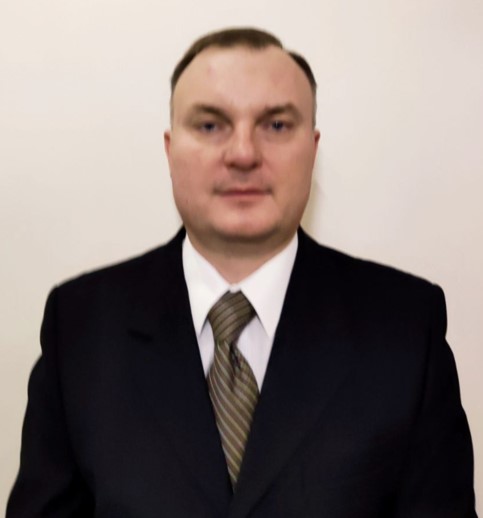Method for predicting the probability of dangerous gusts of wind in the runway area when landing an aircraft
DOIÂ 10.51955/2312-1327_2024_1_57
Abstract. The authors propose a method of predicting the probability of occurrence of dangerous gusts of wind in the runway area during landing of an aircraft, based on the use of the distribution of absolute maximum wind gusts during the observation period. The method makes it possible to design an aircraft landing system that allows, depending on the probability of wind gusts, to make various management decisions: permission to land, sending the aircraft on a go-around, or sending it to an alternate airfield.
Keywords: gusts of wind, probabilistic description, flight safety, aircraft, theory of emissions of random processes, recording device on a probing beam.
Download article in PDF 892.5 kB


